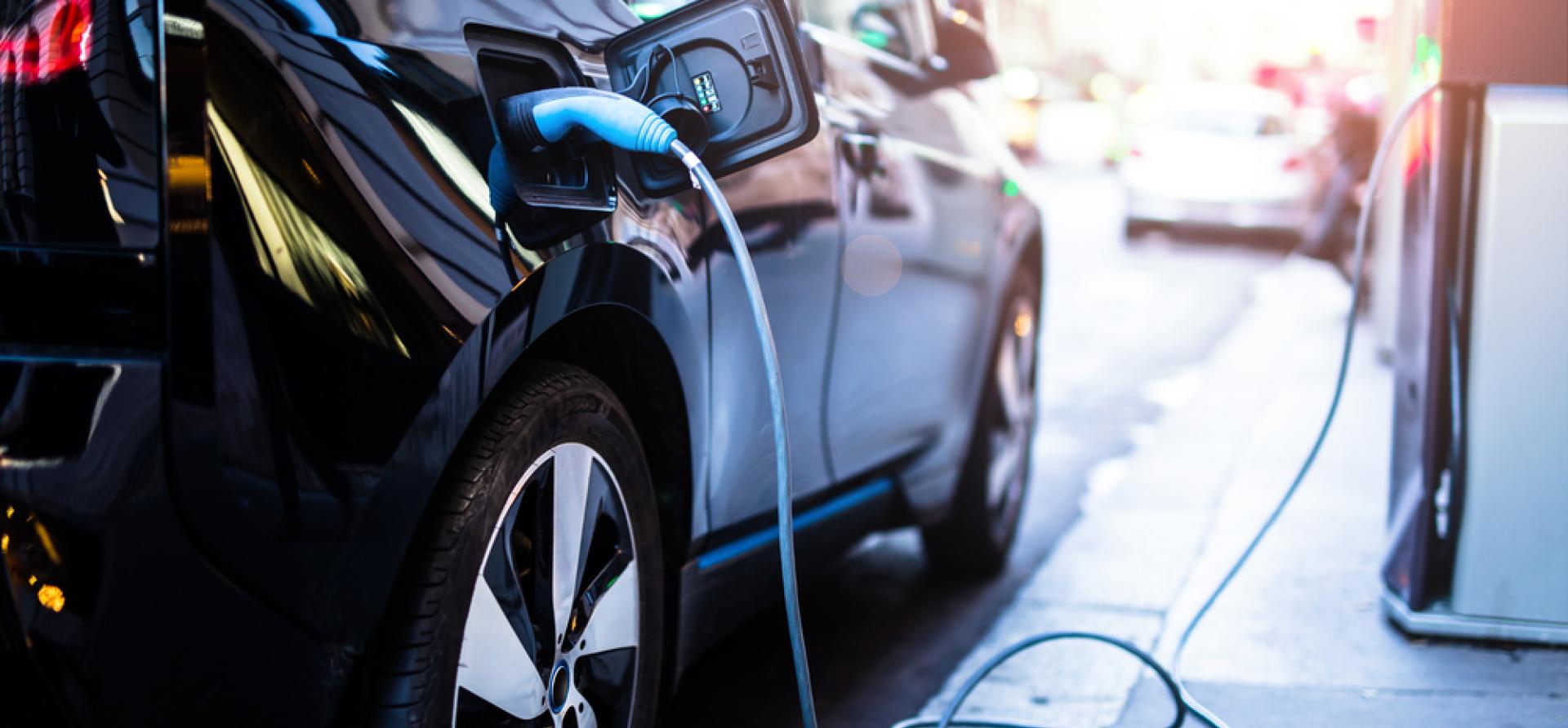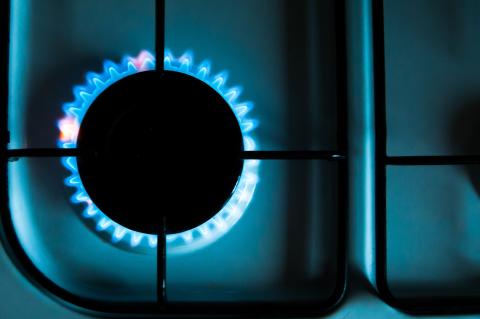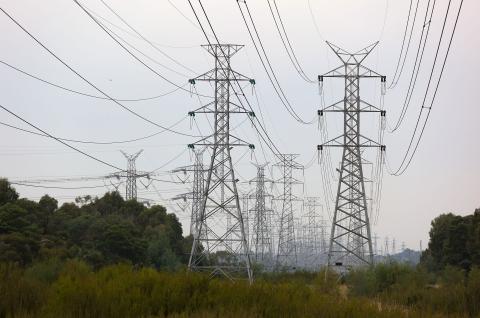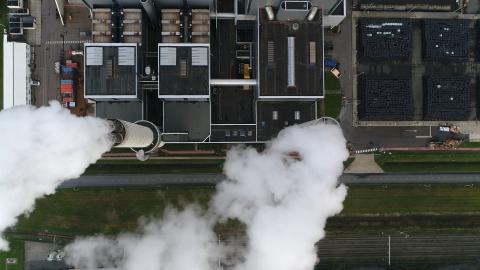New Vehicle Efficency Standard consultation
Download Full Version

1 March 2024
To: Department of Infrastructure, Transport, Regional Development, Communications and the Arts
RE: New Vehicle Efficiency Standard consultation
Thank you for the opportunity for the Institute for Energy Economics and Financial Analysis (IEEFA) to provide input on the New Vehicle Efficiency Standard (NVES) consultation paper. IEEFA is an energy finance think tank that examines issues related to energy markets, trends, and policies. The Institute’s mission is to accelerate the transition to a diverse, sustainable and profitable energy economy.
IEEFA wishes to draw the department’s attention to the benefits that electric vehicles (EVs) can provide to the electricity grid, including via vehicle-to-grid, vehicle-to-load and vehicle-to-home (collectively V2X).
These benefits are likely to be considerable, and should be included in the cost-benefit analysis referenced in the NVES consultation paper.
EVs are not only lower-pollution, quieter, more efficient vehicles that provide several benefits for health. They are also batteries on wheels that can be used to provide a range of benefits to electricity markets and networks and resilience benefits as remote, transportable power supplies.
Based on several studies, IEEFA estimates the full potential revenue streams from V2X for a household with an EV could be between $1,000 and $3,700 per year.
Through V2X, EVs can also provide services across energy markets and networks that reduce costs for all consumers, not only EV owners. For example, enX estimates that if 10% of EV charging capacity is available for vehicle-to-grid (V2G) in 2050, $94 billion in storage costs could be avoided.
Unlocking this full stack of opportunities will require improvements to other technical standards, regulations and market access for distributed/consumer energy resources (DER/CER). These have been identified as a priority by governments and market bodies, and we recommend that the NVES should be accompanied by updated standards and regulations. As a minimum, the department should work closely with other government CER workstreams to ensure that the NVES is relevant and successful.
IEEFA’s detailed recommendations are summarised on the following pages. Please do not hesitate to contact us if you have any further questions about this submission.
















